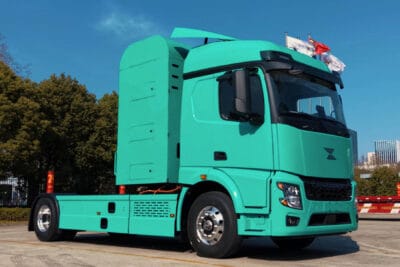Fraunhofer ISC, China, TU Delft, Max Plank Institute.
Why do batteries age? Three years ago, researchers at the Fraunhofer ISC set out to answer that question, looking in detail at Li-ion batteries in electric cars. They found that mainly rapid charging and cell design are to blame. Detailed results ABattReLife EU project were now published.
sciencedirect.com
Battery research centre: The Chinese government will invest 500 million yuan (76.6m dollars) in a R&D centre, as it strives to push local production of batteries for electric vehicles. Companies, universities and institutions are encouraged to cooperate.
chinadaily.com.cn
Stationery storage study: A three-stage research project by TU Delft will look at powering houses with stationery batteries. The projects will be set up together with Eneco, who wants to become the Tesla Powerwall distributor in the Netherlands. Fields of study include power management and EV charging.
nltimes.nl
Long life: The Max Planck Institute and the University of Science and Technology of China have developed a long-life sodium battery that still has 96 percent capacity after 2,000 charging cycles. Scientists used a mixture of graphene oxide and nanotubes made of carbon to improve the sodium compound’s conductivity.
greencarcongress.com




0 Comments